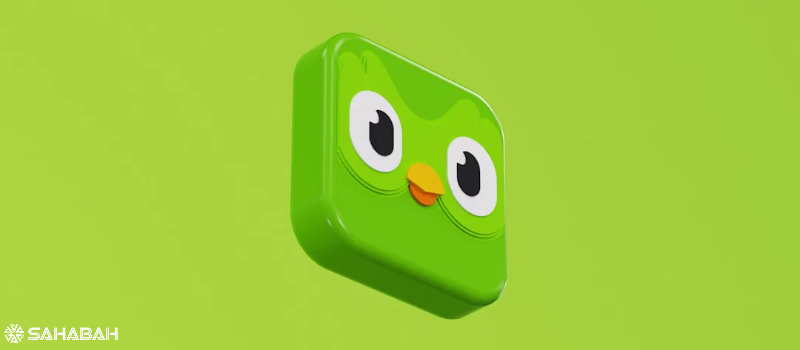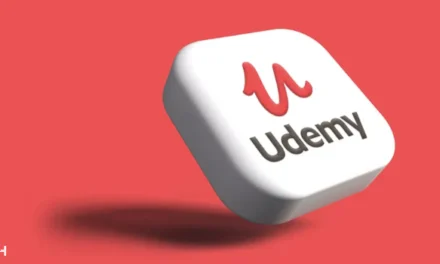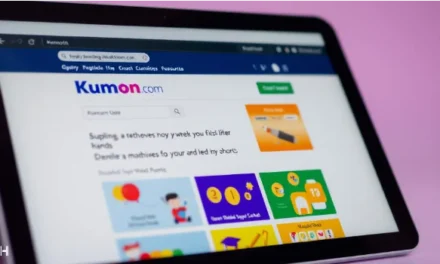In the realm of language learning, Duolingo has established itself as a leading platform, attracting millions of users eager to learn Hebrew and other languages. However, a pressing question arises: Does Duolingo support Israel? This article will explore this topic, examining Duolingo’s offerings, its stance on political issues, and user perspectives.
Understanding Duolingo’s Global Presence
Duolingo aims to make language learning accessible and engaging. With over 40 languages offered, including Hebrew and Arabic, the app serves a diverse audience. Its mission is to teach languages while promoting cultural understanding, but navigating the complexities of geopolitical issues can be challenging.
Key Statistics about Duolingo
| Metric | Value |
|---|---|
| Total Visits | 69.4 million |
| Bounce Rate | 33.79% |
| Avg Visit Duration | 9 minutes 25 seconds |
| Global Rank | #5,178 |
| Country Rank (USA) | #4,242 |
These metrics highlight Duolingo’s significant reach and engagement, making it a critical player in the language learning space.
Duolingo and Hebrew Language Learning
The Hebrew course on Duolingo has gained popularity since its launch in 2016. This course is structured to provide learners with practical language skills, including vocabulary and grammar.
Course Highlights
- Total Skills: 84 skills covering various aspects of Hebrew
- Cultural Content: Includes references to Israeli culture, but aims for neutrality
- User Engagement: Thousands of users actively participate in Hebrew lessons daily
The final skill in the Hebrew course, titled “Israel,” teaches vocabulary related to places, foods, and cultural aspects specific to Israel. While some may interpret this as support for Israel, it is essential to recognize that language courses often include country-specific content for practical learning.
Duolingo’s Stance on Geopolitical Issues
Duolingo maintains a policy of political neutrality. The company’s focus is on language education rather than taking sides in regional conflicts. However, this neutrality is often tested in the complex world of international relations.
Past Controversies
Duolingo has faced scrutiny regarding its handling of sensitive topics. For instance, when the Arabic course was introduced, some users criticized the app for teaching Modern Standard Arabic instead of specific dialects. This decision, while linguistically sound, sparked debates about cultural representation.
Examining Duolingo’s Support for Israel
So, does Duolingo explicitly support Israel? The answer isn’t straightforward. While the app offers Hebrew and includes some Israeli cultural content, it also provides Arabic lessons, striving for balance in its course offerings.
User Reactions
Recent discussions on platforms like Reddit have highlighted varying opinions among users:
- Positive Feedback: “I’ve been using Duolingo to brush up on my Hebrew before making Aliyah. It’s been incredibly helpful!”
- Neutral Perspective: “I’m learning Hebrew to better understand the conflict from both sides. Duolingo has been a neutral resource.”
User Perspectives on Duolingo and Israel
User opinions on Duolingo’s stance towards Israel vary widely. Some Israeli users appreciate the app for helping them learn their native language, while others from different backgrounds use it to gain insight into Hebrew and Israeli culture.
Survey of User Sentiments
| User Sentiment | Example Feedback |
|---|---|
| Supportive | “Duolingo is a great tool for learning Hebrew!” |
| Critical | “I wish they would include more Palestinian perspectives.” |
The Broader Context: Language Apps and Political Sensitivity
Duolingo is not alone in navigating these tricky waters. All language learning platforms face the challenge of teaching languages from politically sensitive regions. The key is to focus on linguistic accuracy while being mindful of cultural sensitivities.
Comparison of Language Apps
| App | Approach to Sensitive Languages |
|---|---|
| Duolingo | Offers both Hebrew and Arabic, aims for neutrality |
| Rosetta Stone | Provides Hebrew course, limited Arabic offerings |
| Babbel | Offers Hebrew, no Arabic course currently |
Conclusion: Assessing Duolingo’s Relationship with Israel
While Duolingo offers Hebrew lessons and includes some Israeli cultural content, it is a stretch to say the app explicitly “supports” Israel. The company’s goal is to teach languages, not to take political stances. However, in the complex world of Middle Eastern politics, even neutrality can be seen as a position.
For learners interested in Hebrew or Arabic, Duolingo remains a valuable resource. It’s up to users to approach the content with an open mind and seek additional cultural context beyond the app’s lessons.
Final Thoughts
Language learning is about building bridges between cultures. Whether you’re studying Hebrew, Arabic, or any other language, the ultimate goal is understanding and communication. Duolingo continues to play a role in fostering this global dialogue, despite the controversies surrounding its content.
By engaging with the app thoughtfully, users can enrich their language learning experience while navigating the complexities of cultural representation and political sensitivity.
FAQs: Does Duolingo Support Israel?
Duolingo offers a variety of languages, including Hebrew, which can be used by anyone looking to learn the language. However, the platform does not officially take political stances on issues related to Israel or Palestine.
Can I learn Hebrew on Duolingo if I want to support Israel?
Yes, you can learn Hebrew on Duolingo. The platform provides lessons that allow users to learn the words, phrases, and pronunciation necessary to communicate in Hebrew.
Are there any specific posts on TikTok related to Duolingo’s support for Israel?
While there may be TikTok videos discussing Duolingo and its language offerings, it’s important to check out the discover videos related to Duolingo to find content that aligns with your interests, including those about Israel.
How can I comment on Duolingo’s stance regarding Palestine?
You can share your thoughts by posting comments on social media platforms or through Duolingo’s feedback channels. Engaging in discussions and Q&A sessions can also be helpful.
Are there any lessons on Duolingo that focus on the cultural aspects of Israel?
While Duolingo primarily focuses on language acquisition, some lessons may incorporate cultural phrases and context. You can explore lessons to see if they touch upon different parts of Israeli culture.
Is there a way to discover videos related to Hebrew lessons on TikTok?
Yes, you can use hashtags related to Duolingo and Hebrew to discover videos on TikTok. Searching for terms like #duolingo and #learnhebrew may yield helpful content.
What should I do if I have trouble logging into my Duolingo account to learn Hebrew?
If you are having trouble logging in, ensure your username and password are correct. You can also use the password recovery option if needed.
Can I learn Arabic through Duolingo to better understand the context of Palestine?
Yes, Duolingo offers Arabic courses. Learning Arabic can provide valuable context and insight into the cultural and linguistic aspects of Palestine.
How can I provide suggestions to Duolingo regarding its language offerings?
You can submit suggestions through Duolingo’s feedback forms or social media channels. Engaging in discussions and sharing your ideas with the community can also be beneficial.



